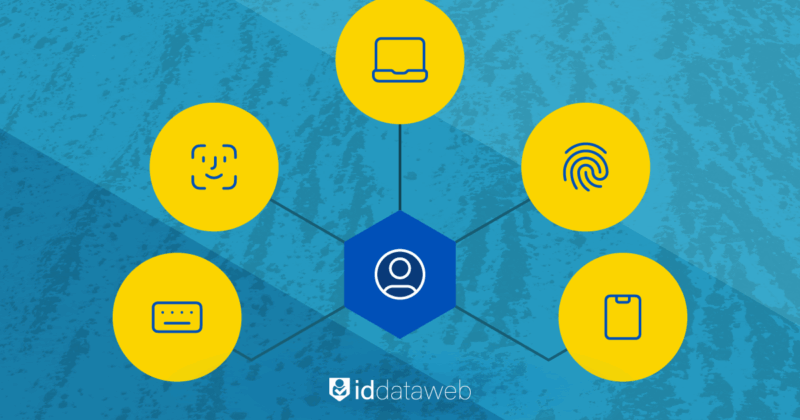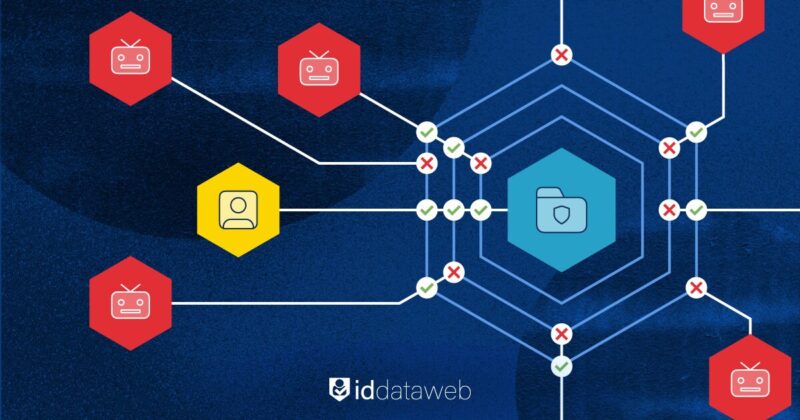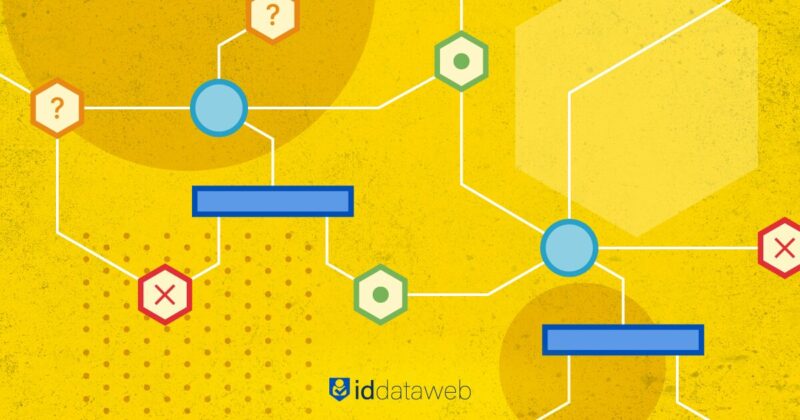It used to be simple: a guy outside the arena, two fingers in the air, shouting for buyers. Today’s scalper hides behind a Kubernetes cluster. Scripted bots spin up thousands of browser sessions, harvest seats faster than any human, and flip them on secondary markets before any genuine event-goer can enter their card number.
Consumers pay the price—sometimes seventy times face value—while artists see none of the upside.
What does ticket scalping look like today?
Modern scalping involves the large‑scale acquisition of tickets—usually automated—then resale at a markup. The big shift is in the scale of these operations:
- Street corner → server farm. Bot operators lease cloud capacity, rotate IP addresses, and mimic real browsers.
- Cash handshake → crypto wallet. Profits settle through anonymous channels.
- Single hustler → global brokerage. Teams run 24/7, targeting presales on multiple continents.
A quick look at the numbers
Three New York brokers—Concert Specials, Just In Time Tickets, and Cartisim—used bots plus hundreds of fake Ticketmaster accounts to grab more than 150,000 tickets for high‑demand concerts and sporting events.
They flipped those seats for “millions in revenue,” according to court filings. Civil‑penalty judgments totaled $31 million ($16 M, $11.2 M, and $4.4 M respectively), though the amount actually collectible was later reduced to $3.7 million after “showing inability” to pay.
A case from a decade ago illustrates how big the scale can get. Wiseguy Tickets, the bot pioneer indicted in 2010, deployed an entire server farm to impersonate fans. Prosecutors said the outfit snared more than 1 million tickets between 2002 and 2009 and banked over $25 million in profits before federal agents shut it down.
Put side by side, those figures make one thing clear: modern scalping is an enterprise with eight‑figure upside. That industrial scale is why simple resale caps or CAPTCHA screens can’t keep up. The profit motive is so great, that scalpers are incentivized to constantly innovate workarounds.
This is why platforms need to look at identity‑anchored defenses to choke off bulk buyers before they reach checkout.
Common scalping tactics—and how they’ve evolved
| Old playbook | 2025 Tactic |
| Bots that click faster than humans | AI‑driven bots that bypass CAPTCHAs and rotate device fingerprints |
| Account farming with fake emails | Full synthetic identities, burner phones, and prepaid cards |
| Speculative selling—listing tickets you don’t own | Dynamic listings updated by bot crawlers the second inventory drops |
| Barcode cloning of PDFs | Phishing for mobile credential hand‑offs and “screenshot swaps” |
| Ticket laundering through official resale portals | Layering purchases across multiple regulated exchanges to appear |
Scalpers iterate with each patch released by ticketing platforms, creating an endless tit-for-tat between them and major ticketing platforms.
The BOTS Act and its intent to counter scalping
Signed by President Obama in 2016, the Better Online Ticket Sales (BOTS) Act made it illegal to deploy software that circumvents purchase limits and security safeguards, or to knowingly resell tickets obtained that way. The Federal Trade Commission and Department of Justice were given authority to sue violators.
Enforcement milestones across the previous three administrations
- Obama (2016). Framework created, but no early cases filed.
- Trump (2017 – 2020). In January 2021 the FTC and DOJ announced the first‑ever BOTS Act settlements—$31 million in judgments (later reduced) against three New York brokers.
- Biden (2021 – 2024). After the Taylor Swift “Eras Tour” meltdown flooded Ticketmaster with 3.5 billion bot requests, the administration issued an executive order directing the FTC to intensify enforcement and tackle junk fees.
- 2025 momentum. Congress now considers reporting mandates that force sellers to disclose bot attacks in real time. Meanwhile, more than two‑dozen states—from Maryland’s “Taylor Swift Act” to New York’s Senate Bill S276—tighten resale rules and outlaw speculative listings.
Legal enforcement isn’t enough by itself though. By the time regulators levy fines, bot code has already been refactored, replayed, and redeployed. Fans have already been overcharged. Enforcement is retroactive; ticketing happens in real time. Platforms need defenses that operate at the speed of checkout.
How identity verification can reshape the fight against scalping
Anonymity fuels scalping. Bulk buyers thrive because they look like many legitimate fans. Without identity context, a platform sees ten thousand unique emails—not one operator refreshing a script. CAPTCHA solves unnatural velocity, but it doesn’t reveal bad actors behind the screen.
How MobileMatch supports pre‑sale screening and identity‑aware ticketing
MobileMatch from ID Dataweb is a privacy‑preserving tool that:
- Confirms ownership of the phone number in real time via a one‑time passcode.
- Checks carrier‑validated data (SIM swap status, tenure, subscriber name) to bind the number to a real individual.
Crucially, it doesn’t ask fans to photograph a driver’s license or selfie. That keeps the experience non‑intrusive and friction‑light—a 15‑second flow instead of a two‑minute document scan.
Why it’s ideal for ticketing platforms
- Pre‑sale fan screening. Easy to add the MobileMatch checks to “Verified Fan” lotteries or season‑ticket holder renewals.
- Bot resistance. Bots can spawn emails, but not long‑standing mobile accounts tied to carrier records.
- Unintrusive inputs. Fans only need to input their name, phone number, and address—in other words, a standard onboarding form.
- Passive risk analysis. MobileMatch checks device, behavioral, and network signals to detect synthetic identities and attributes associated with fraud rings. Because the process runs in the background, genuine fans don’t notice it—yet scalpers are hit step-up triggers and additional verification challenges.
MobileMatch proves you’re a real person in under half a minute, no ID selfie, no app download. Fans get seats at face value; artists regain control of their audience; regulators see real‑time deterrence instead of post‑game penalties.
Building trust and access into ticket purchases
Scalpers don’t quit; they pivot. Next‑gen bots already test large‑language‑model‑generated human captchas and spoof browser fingerprints. Defensive tech must iterate constantly while minimizing friction for true users.
Traditional fraud-fighting tools only watch what a user does (mouse movement, operate from strange networks). Identity‑aware tools also watch who is doing it. Linking device, behavior, and carrier‑backed identity turns thousands of fake personas into one blocked actor.
Conclusion
Ticket scalping is a sophisticated cyberoperation. Legislation and fines matter, but they chase yesterday’s exploit. Combating the practice so that fans can access fair prices requires pre-verification that’s accurate but also low friction.











